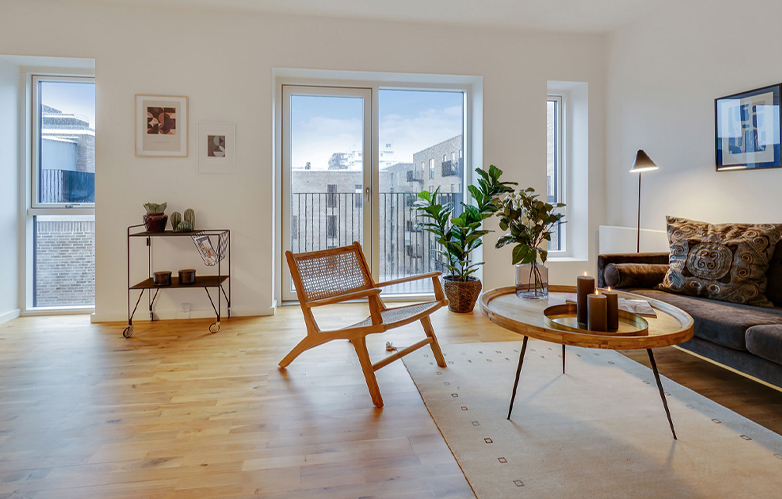enlio types of commercial flooring
Exploring Different Types of Commercial Flooring
When it comes to commercial spaces, selecting the appropriate flooring type is crucial. The flooring in any business not only affects the aesthetics of the environment but also impacts functionality, maintenance, and overall user experience. For business owners, understanding the various types of commercial flooring is essential in making informed decisions that cater to their specific needs. Here, we’ll explore some of the most popular types of commercial flooring available today.
1. Carpet Tiles
Carpet tiles are a versatile and practical flooring option for commercial spaces. They come in various colors and patterns, allowing businesses to customize their environment easily. One of the significant advantages of carpet tiles is their ease of installation and replacement. If a tile becomes stained or damaged, it can be easily replaced without having to remove the entire floor. Moreover, carpet tiles provide sound insulation and comfort, making them ideal for offices, conference rooms, and hospitality venues.
2. Vinyl Flooring
Vinyl flooring is a cost-effective solution that mimics the appearance of natural materials, such as wood or stone. Available in sheets or tiles, vinyl is highly durable and resistant to moisture, making it suitable for areas with high foot traffic, such as retail stores, healthcare facilities, and restaurants. It’s incredibly easy to clean and maintain, requiring only regular sweeping and occasional mopping. Innovations in vinyl flooring technology have led to designs that are both stylish and functional, making them an appealing choice for many commercial applications.
Laminate flooring offers a high-end look without the high-end cost. This type of flooring is composed of several layers fused together, creating a durable surface that can withstand heavy use. Laminate is often designed to imitate hardwood or stone, providing aesthetic appeal without the associated upkeep. Its resilience against scratches and stains makes it ideal for busy environments such as commercial offices and retail spaces. Furthermore, laminate flooring is relatively easy to install, making it a popular choice for those looking to refresh their commercial spaces effectively.
enlio types of commercial flooring

4. Hardwood Flooring
Hardwood flooring is synonymous with elegance and durability. It can elevate a commercial space, giving it a warm and inviting atmosphere. While it may require more maintenance than some other flooring types, the longevity and timeless appeal of hardwood make it a worthwhile investment. Many businesses in the hospitality industry, upscale retail, and corporate offices opt for hardwood floors due to their ability to withstand foot traffic and their capacity to enhance the overall ambiance.
5. Concrete Flooring
Concrete flooring has gained popularity in modern commercial settings, thanks to its durability and low maintenance requirements. It is highly resistant to wear and tear, making it a smart choice for factories, warehouses, and industrial workplaces. Concrete can be polished or stained to enhance its appearance, allowing it to be integrated into more aesthetic applications, such as restaurants and galleries. With the option for various finishes, concrete flooring can support a range of design schemes from minimalistic to industrial chic.
6. Rubber Flooring
Rubber flooring is an excellent choice for areas requiring slip resistance and shock absorption. This type of flooring is commonly found in gyms, healthcare facilities, and schools. It provides a comfortable surface underfoot, reducing fatigue for those standing for long periods. Additionally, rubber flooring is easy to clean and helps to reduce noise levels, making it a practical option for various commercial environments.
Conclusion
Choosing the right commercial flooring is essential for creating an environment that is aesthetically pleasing and functional. With options ranging from carpet tiles to rubber flooring, business owners have the flexibility to select materials that suit their unique needs. Understanding the benefits and characteristics of each type can lead to better decision-making, ultimately enhancing the overall appeal and efficiency of the commercial space. Whether it’s providing comfort for employees, durability for high traffic, or style for clients, the right flooring can make a significant difference in any business environment.
-
SPC FlooringJun.24,2025
-
Bathroom Wall CoveringsJun.24,2025
-
Why Dry Back LVT Flooring Is the Smart Choice for Modern InteriorsJun.05,2025
-
Transform Your Interiors with Elegant Luxury Vinyl Flooring OptionsJun.05,2025
-
The Rise of SPC Vinyl Flooring: A Modern Solution for Durable and Stylish SpacesJun.05,2025
-
Click LVT Flooring: The Perfect Blend of Style, Strength, and SimplicityJun.05,2025




